The Power of People
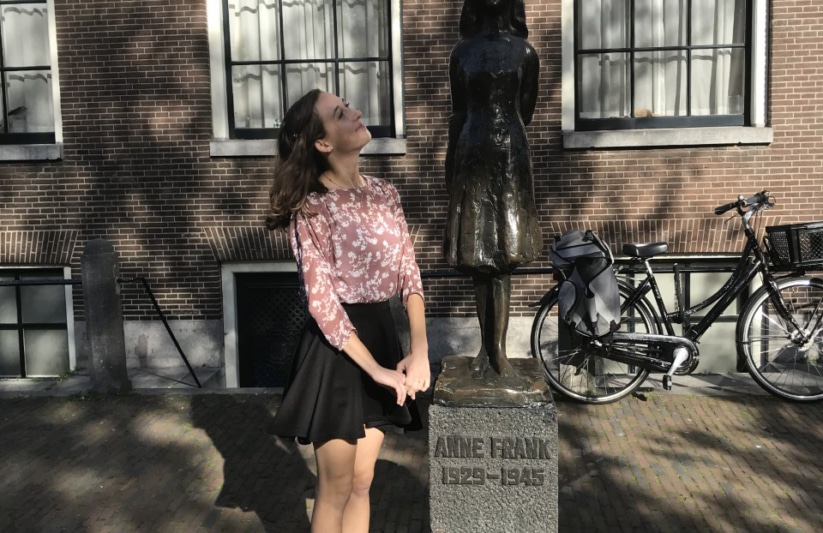
From personal experience, I know that it’s terribly hard for children, and even adults sometimes, to grasp the concept of the Holocaust. When I was 15 years old, I had the absolute honor of portraying Anne Frank in a local production of The Diary of Anne Frank.
At 15 I had many of the same interests and thoughts as Anne: reading and writing, schoolwork, time with my family, my friends, boys, and endless optimism. This, I figured, would make the character that much easier to play.
The key word in that sentence, by the way, is “character.”
Shortly after being cast in the show, I remember my mom sitting me down and making sure I understood the gravity of portraying a person, as opposed to playing a role. For the students from around the county and every person who purchased a ticket for the production, moving forward in their lives, Anne would look a little more like me and a little less like her. It would be my voice, not Anne’s, that narrates the events in the secret annex.
My mom impressed upon me the necessity and significance of portraying Anne Frank, the real girl, with the poignancy she, and the millions she represents, deserve.
Of course, I had learned about the Holocaust in school and read parts of Anne’s diary along with other first-hand accounts like Elie Wiesel’s Night. But in school we were taught about the tragedies of the past with a sense of “This is a historical event about which we can learn facts and figures. However, we are going to avoid talking too much about the people because those conversations can and will be really painful.”
How do we talk to our youth (and our adults for that matter) about racial injustice, anti-Semitism, income inequality, and so many other things knowing that these are incredibly hard concepts to grasp?
My experiences traveling the world taught me that the answer to this question is to focus on the people.
Events and movements are really hard to appreciate in their entirety. But as people ourselves, we instinctually understand human stories.
Traveling gives us the ability to visit places and have the difficult conversations needed to learn about important chapters in history.
I have been fortunate enough in my life to have visited both the Anne Frank House in Amsterdam as well as the concentration camps Auschwitz I and Auschwitz-Birkenau in Poland, and what struck me most about these different memorials were the individual stories I encountered.
In the Anne Frank House, there were entire rooms dedicated to memories of the people who actually knew the Frank family and the others in hiding with them. At the concentration camps, hallways were lined with information about some of the people who died at that very location. Names, dates, professions, family information, hometown, etc.
Let’s look at just one victim. Moszek Arbiser born November 15, 1920, in Warsaw, Poland. Arrived in Auschwitz on March 27, 1942, because he was Jewish, and he was given the number 27763. He died within three months. Moszek’s story is easier for our minds to comprehend than the overwhelming number of 6 million.
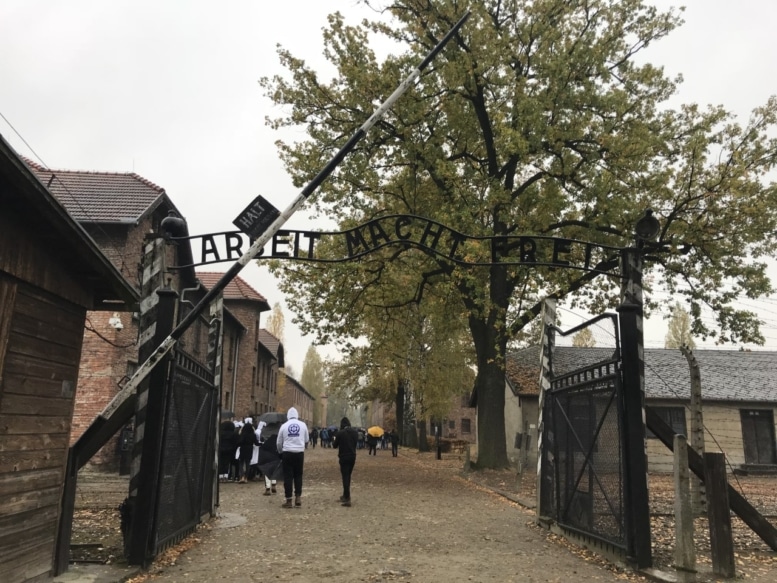
Anne’s story is easier to grasp than the entire historical context of the Holocaust.
And in today’s environment, perhaps the story of your neighbor whom you borrowed a cup of flour from last week is a good starting place for wrapping your head around racial injustice.
Anne Frank and Dr. Martin Luther King, Jr., were born in the same year, 1929. While it feels like their lives took place in totally different eras, they actually would have been the same age. They both are icons of 20th century history and human rights.
Never stop learning and actively seeking out new knowledge through people and their stories. This means speaking to people who have different experiences than you. It means reading books and watching movies about people and cultures that seem far removed from your life. Just this past week, I finished reading The Tattooist of Auschwitz by Heather Morris. Before reading this book (fiction but based on the story of a Holocaust survivor), I had always just assumed that concentration camps were filled with people waiting to die. But it turns out that these people had lives, they fell in love, and they rebelled in their own small ways if they could. Other great reads I’ve been invested in recently to work on expanding my understanding are Trevor Noah’s Born a Crime and It Can’t Happen Here by Sinclair Lewis.
As an educational travel company, acting out against hate is built right into our mission. It’s really hard to hate someone or some culture when you’ve been there, interacted with the people, and heard their stories.
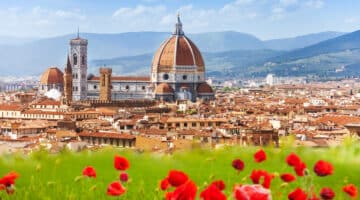
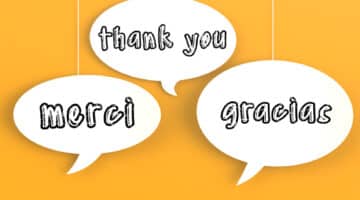
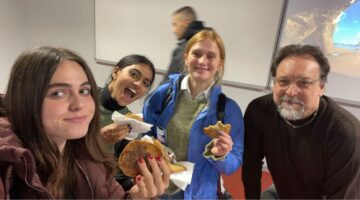

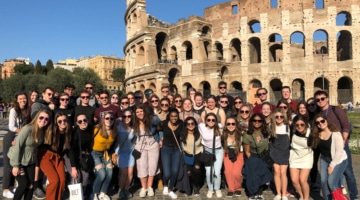
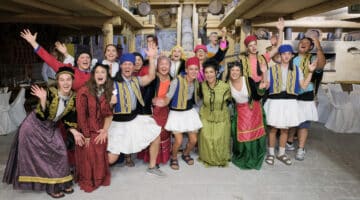
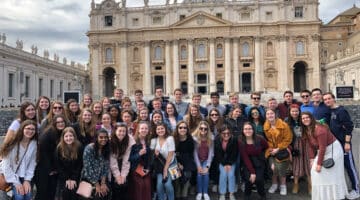
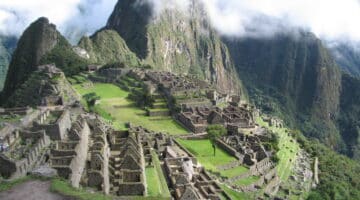
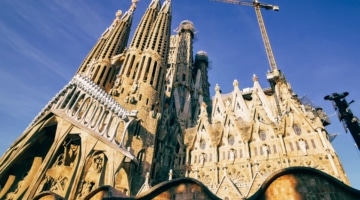
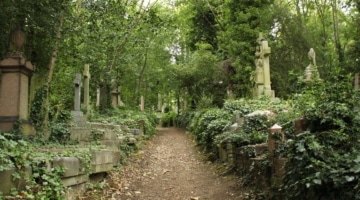
Inspirational article, Beth!